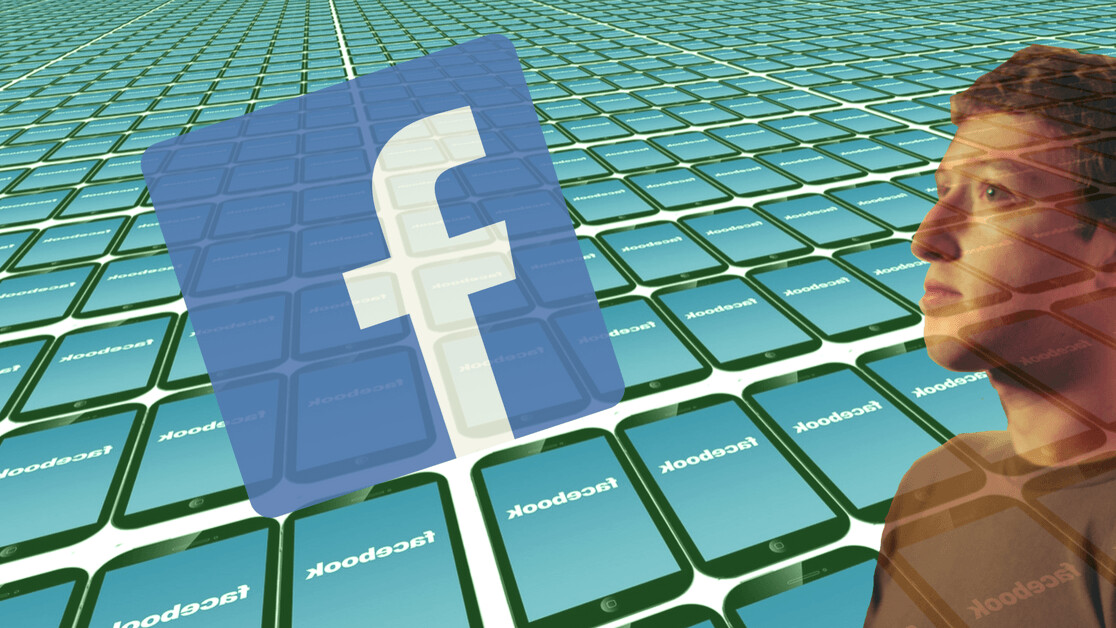
It’s more fashionable than ever to hate on Facebook. But it sure has been a long time coming — the proverbial excrement hit the fan only after the social media helped the Democrats lose the election, showed increasingly just how much they wanted to control information we see, and made their contempt for us, our privacy, and our control over our personal data all too plain.
We’re the product. Facebook shouldn’t piss off the product. It’s time for the product to find greener pastures. Let’s #DeleteFacebook, we’re told. But how? We don’t want to abandon our friends. Let’s move, sure, but how do we solve the enormous coordination problem?
Here’s an idea I came up with that could be a viable option for us. I’m not working on it myself and don’t have any ambitions to make money from it. I’m just a dissatisfied customer of Facebook, Twitter, and YouTube, and just like you, I want the awesome power these leviathans have amassed returned to the people — as any sane person would.
I believe that the key to replacing Facebook is an open protocol — like a peer-to-peer network or blockchain — that benefits us, not some giant corporation.
It’s easy to be cynical about such suggestions. Everyone agrees that there’s a crying need for a better Facebook. But what are you gonna do, go head-to-head with them? Ridiculous. Good luck getting your friends to follow you to any competing platform, like I tried (and failed miserably) to do with Mastodon. No one wants to, because they’d need their friends to follow them, and so on ad infinitum. Everyone would have to move en masse. So how could it get started?
A consumers’ union can explain our rights to social media companies
By organizing a consumers’ union that jump-starts a mass exodus, that’s how.
It could begin with a nonprofit, preferably one having to do with open source software and blockchain. If it’s not done by a nonprofit, people won’t trust the plan or participate.
This organization would become a kind of consumer union for our social activity and data.
It would define the requirements for a better social network — a sort of consumers’ bill of rights. Here’s a first pass:
- We own and control our own content and data (such as friend lists). It’s not owned by Facebook or Twitter. Our data is securely encrypted, but also accessible if we so wish, as part of an open protocol — for example, on a blockchain.
- If some social media giants want to use our data, let them negotiate with us for it.
- Posting itself is platform-neutral, with the content served from a central source rather than individual companies. So if I start posting on some other company’s platform, my friends on other platforms can see my posts. We don’t all have to use the same platform.
- If a company wants to add some new sort of data or rules, those data types and rules have to be public, or else that company goes on an organization blacklist — if I participate in this consumer union, my stuff won’t be available on non-compliant platforms (guess which).
A company could pay the nonprofit to certify, in a highly open and credible way, that it’s following these rules — so it’s a “qualifying service.”
How to jump-start a mass exodus
This nonprofit would also set up something like a petition: “We the undersigned agree to try out a qualifying service — to put in three hours of participation over the course of a week — as soon as one billion others agree to the same.” Of course, it wouldn’t have to be a billion users. It could be a million. There could be a whole series of different tiers of “qualifying events,” all leading up to one with one hundred million or a billion users.
These petitions, or public commitments, could be run on smart contracts (a blockchain). You might be able to buy a smart contract for a small sum, let’s say $1. Then if you sign and a qualifying event occurs, and you don’t participate, you lose your tokens. But if you do participate, maybe your tokens are multiplied by some factor.
So how do you help beat Facebook? Not by wasting your time on some lame social media wannabe. You agree to help jump-start a pre-qualified network, when you know there will be a lot of participation.
I don’t want to abandon my online friends. But I want to abandon Facebook. Maybe you can help make that possible.
Get the TNW newsletter
Get the most important tech news in your inbox each week.




